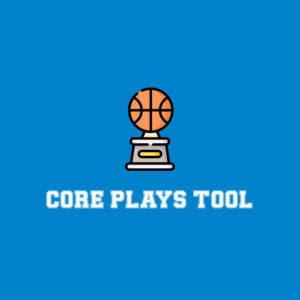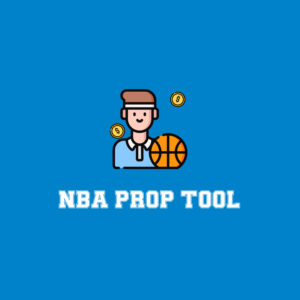
Let me let you in on a little secret — DFS is the most fun you can have with fantasy football (and fantasy sports in general). But for many, it’s intimidating. It doesn’t need to be. No matter your bankroll size, there are contests for you that will make your NFL Sundays more fun than they’ve ever been. Even if you’ve been playing DFS for a while and have tried all sorts of contests, the game becomes more fun once you know what works best for you. This article will help you do just that.
Cash vs. GPPs
Cash and GPPs (guaranteed prize pools) are the two types of contests. Cash contests are the equivalent of -110 bets. The goal isn’t to make a ton of money, it’s just to make a little bit of money fairly consistently over time. GPPs, or tournaments, are where the upside lies. The larger the tournament and the more top-heavy the payouts, the harder it is to win, but the more money you can potentially win. Many sites suggest playing a little of both. We do not. More on this in a bit…
SE vs. 3E vs. 20M vs. MME
Each contest allows users to play a maximum number of lineups within the contest. The four most common limits are SE (single entry), 3E (three entries), 20M (20-max) and MME (mass multi-entry, typically 150 lineups). Just like cash vs. GPP, each person will have a different preference. This article will help you find yours.
My Personal Preferences
I am simple. I play one lineup, exclusively, in tournaments. I have given every contest type a try, and this is where I feel the most comfortable and where I’ve had the most success. I’m a very strategy-heavy player (check out our DFS Strategy Guide), so playing one lineup only helps me focus on building the best lineup I possibly can and minimizes my chances of making a decision that I will later view as a mistake.
However, there are also reasons to play cash and multiple lineups…
The Case for Cash Games
Honestly, it’s tough for me to make a strong case for cash games, at least from the perspective of trying to build and sustain a bankroll. I discuss what I believe to be “the myth of cash games” in the Strategy Guide, so for a more in-depth discussion, check that out. However, cash games do have one potential advantage — they are fun.
If you want to make Sundays more interesting, but don’t like the idea of losing most weeks (which is the case in tournaments — we want to win big when we win, knowing we won’t win often), cash games might be for you.
Whether you win 50% of weeks, 60% of weeks or only 40% of weeks, you’re going to enjoy each and every one of them because you’ll be competitive in nearly each and every one of them.
The Case for Multiple Lineups
First, let’s talk about what is not true when it comes to running multiple lineups. Let’s say you have a goal of winning $10k on a slate and want to play around $200. You can run one lineup in my favorite contest to potentially accomplish this:

Now, you might think “OK, but I’d have a better chance of a takedown with three lineups.” So perhaps you look to the $75 3E to keep your total entries at $225:

But notice, the top prize has now fallen to $4k and you’re competing against twice as many lineups (606 instead of 277 entries). This is always going to be the case. If you run more lineups, you either have to increase the amount you invest, increase the number of lineups you’re competing against, or accept a lower payout for your potential takedown.
In other words, running multiple lineups does not increase your chance of an equally valuable takedown. This is largely misunderstood by the industry.
However, running multiple lineups does make sense in other ways. For example, you may feel strongly about three different game stacks. In order to play all three, you need at least three lineups. For some, the ideal number of lineups is therefore the number of lineups required to have a sufficient amount of each player/stack you feel strongly about.
Our Recommendation
Whether you are new to DFS or struggling to identify your favorite contest types, here’s what we recommend:
1. Pick Cash vs. GPP
If cash, play a large, single-entry double-up:

The larger the contest (by number of entries), the more casual players you’ll be competing against. Similarly, you want it to be a single entry so you’re not playing against trains of lineups from the best cash players.
If GPPs…
2. Start with One Lineup
The more you play DFS, especially if you’re subscribed to FTN, the more you’ll realize that it’s one big, fun puzzle. Your ability to complete the puzzle perfectly will dramatically increase over time, so start simple.
Once you have mastered the art of building a GPP lineup, you’ll be able to build three lineups well. Then 20 lineups well, and so on and so forth. Starting with one lineup is like mastering the fundamentals before learning the James Harden step-back three.
3. Pick Your Goal
Now, there’s one final question to answer. Do you want to throw a Hail Mary or just try to get a first down each week? If you want to swing for the fences, you can do so in these massive single-entry contests:

Since you’re only playing one lineup, it’s better to compete against people who are also playing only one lineup. These contests are large enough for the potential first-place payout to still be a really large number (like turning $5 into $10k with the first one).
On the other hand, if you don’t want to have to beat close to 20,000 other people for a first-place finish, you can try these “hundo” contests instead:

These contests are almost like a hybrid between cash and tournaments, where it’s easier to make some money, but you’re still rewarded more the higher you finish.
Ultimately, let’s say you have $20 to spend on the slate. You build only one lineup, but in which contests? You want upside, but you also want to learn how to play the smaller tournaments that more closely resemble some higher stakes contests like the $200 Double Spy I love so much. So your $20 can be allocated like so:
- $5 in the Huddle (10k to 1st)
- $5 in a $5 Hundo
- $10 in a $10 Hundo
Final Thoughts
DFS is a blast. There’s nothing like watching your player score the TD that vaults you into first place for a huge payday, but understand that it’s a process. Many players try DFS for the first time, get overwhelmed, lose, and never go back. By simplifying your process from the start and carefully selecting your contests, you position yourself to learn the ins-and-outs of this great game at your own pace, and enjoy the process every step of the way.








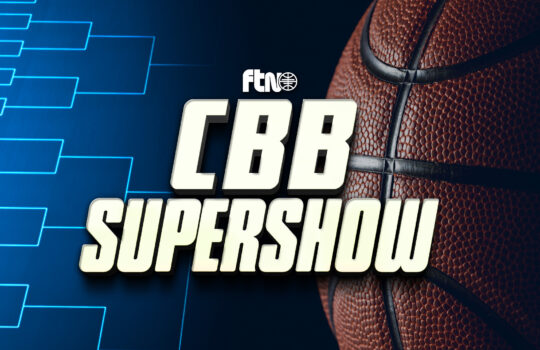

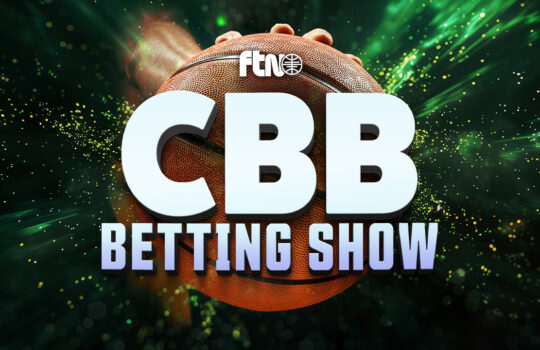











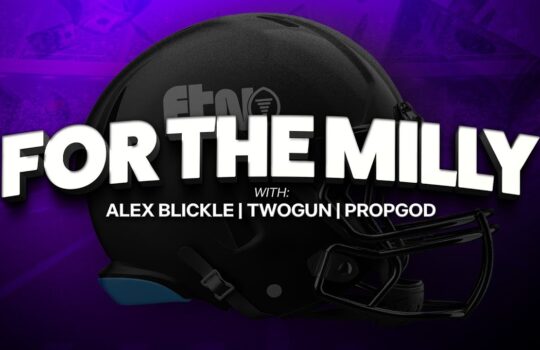










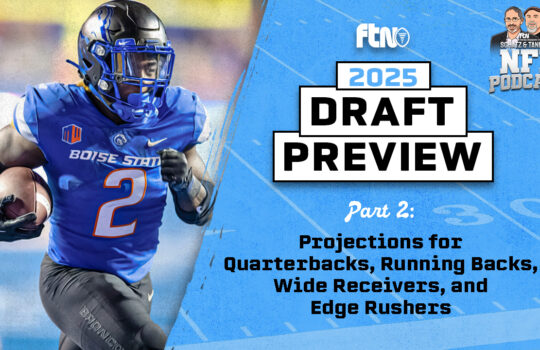

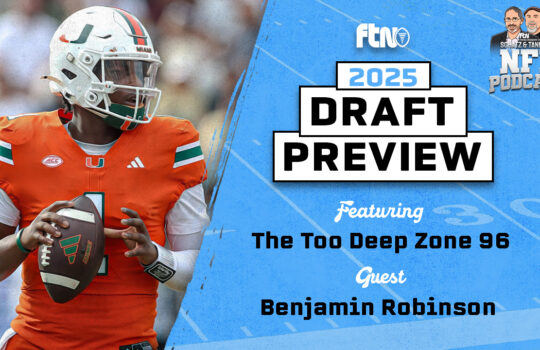
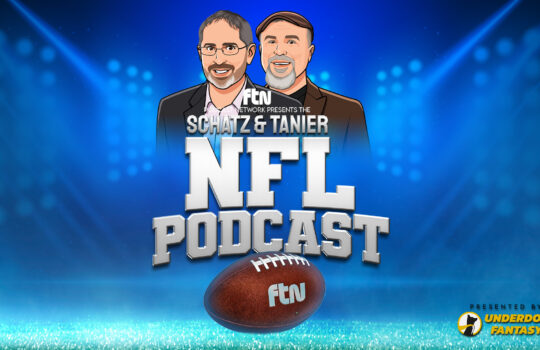




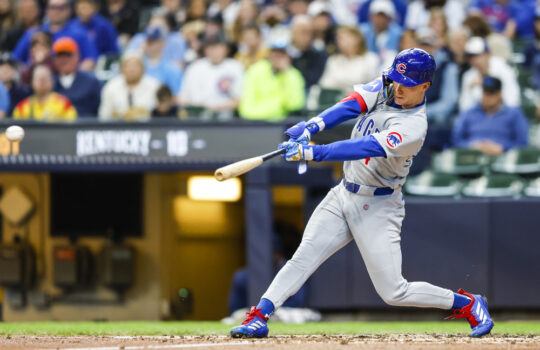

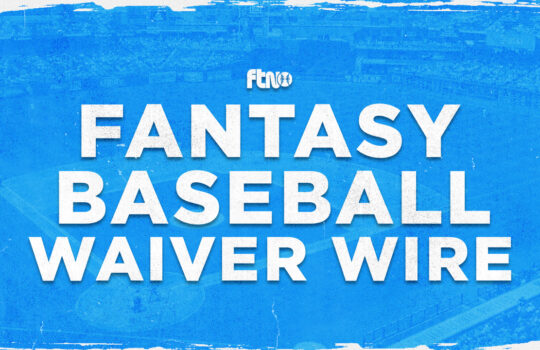

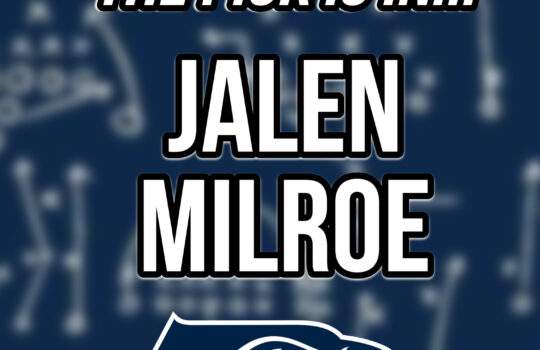

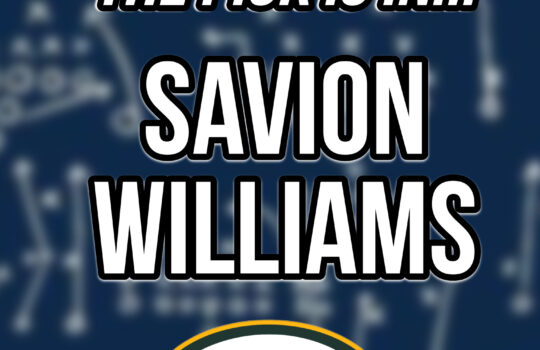
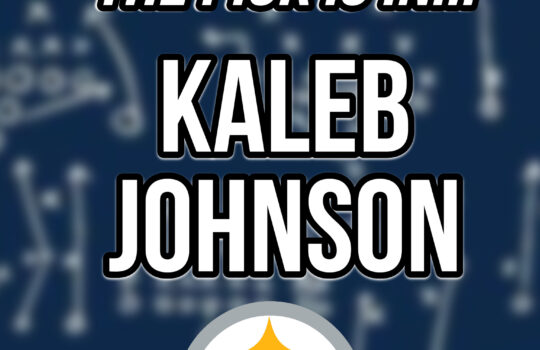

 New York Jets
New York Jets  New England Patriots
New England Patriots 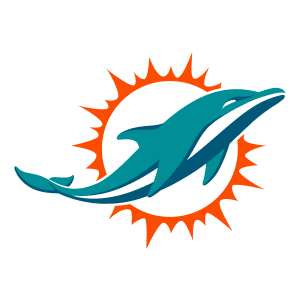 Miami Dolphins
Miami Dolphins  Buffalo Bills
Buffalo Bills  Pittsburgh Steelers
Pittsburgh Steelers  Cleveland Browns
Cleveland Browns  Cincinnati Bengals
Cincinnati Bengals  Baltimore Ravens
Baltimore Ravens 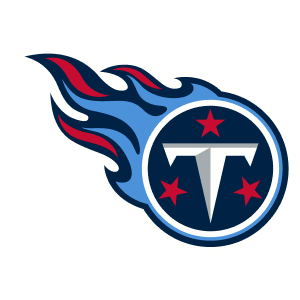 Tennessee Titans
Tennessee Titans  Jacksonville Jaguars
Jacksonville Jaguars  Indianapolis Colts
Indianapolis Colts  Houston Texans
Houston Texans  Las Vegas Raiders
Las Vegas Raiders  Los Angeles Chargers
Los Angeles Chargers  Kansas City Chiefs
Kansas City Chiefs  Denver Broncos
Denver Broncos  Washington Commanders
Washington Commanders  Philadelphia Eagles
Philadelphia Eagles  New York Giants
New York Giants  Dallas Cowboys
Dallas Cowboys  Minnesota Vikings
Minnesota Vikings  Green Bay Packers
Green Bay Packers  Detroit Lions
Detroit Lions  Chicago Bears
Chicago Bears  Tampa Bay Buccaneers
Tampa Bay Buccaneers  New Orleans Saints
New Orleans Saints  Carolina Panthers
Carolina Panthers 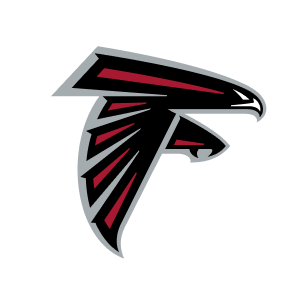 Atlanta Falcons
Atlanta Falcons  San Francisco 49ers
San Francisco 49ers  Seattle Seahawks
Seattle Seahawks  Los Angeles Rams
Los Angeles Rams 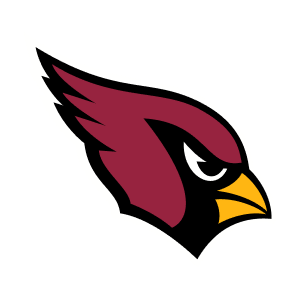 Arizona Cardinals
Arizona Cardinals 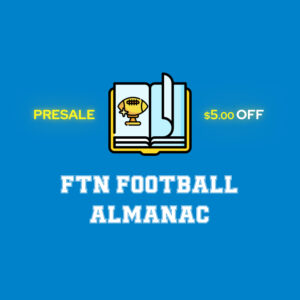
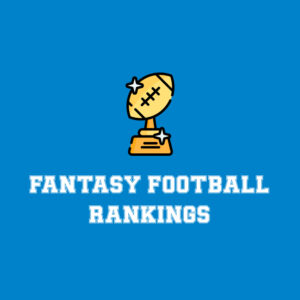
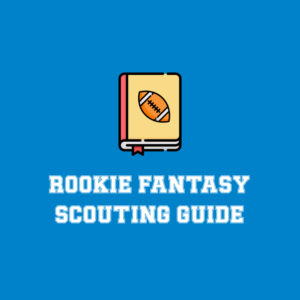

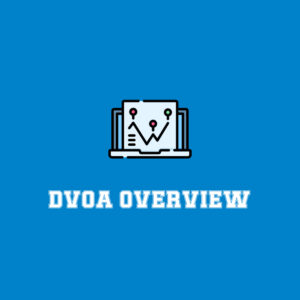




 Boston Celtics
Boston Celtics  Brooklyn Nets
Brooklyn Nets  Philadelphia 76ers
Philadelphia 76ers  New York Knicks
New York Knicks  Toronto Raptors
Toronto Raptors  Chicago Bulls
Chicago Bulls  Detroit Pistons
Detroit Pistons  Milwaukee Bucks
Milwaukee Bucks  Cleveland Cavaliers
Cleveland Cavaliers  Indiana Pacers
Indiana Pacers  Orlando Magic
Orlando Magic  Atlanta Hawks
Atlanta Hawks  Charlotte Hornets
Charlotte Hornets  Miami Heat
Miami Heat  Washington Wizards
Washington Wizards  Denver Nuggets
Denver Nuggets  Minnesota Timberwolves
Minnesota Timberwolves  Oklahoma City Thunder
Oklahoma City Thunder  Portland Trail Blazers
Portland Trail Blazers  Utah Jazz
Utah Jazz  LA Clippers
LA Clippers  Golden State Warriors
Golden State Warriors  Los Angeles Lakers
Los Angeles Lakers  Phoenix Suns
Phoenix Suns  Sacramento Kings
Sacramento Kings  Dallas Mavericks
Dallas Mavericks  Houston Rockets
Houston Rockets  Memphis Grizzlies
Memphis Grizzlies  New Orleans Pelicans
New Orleans Pelicans  San Antonio Spurs
San Antonio Spurs 

